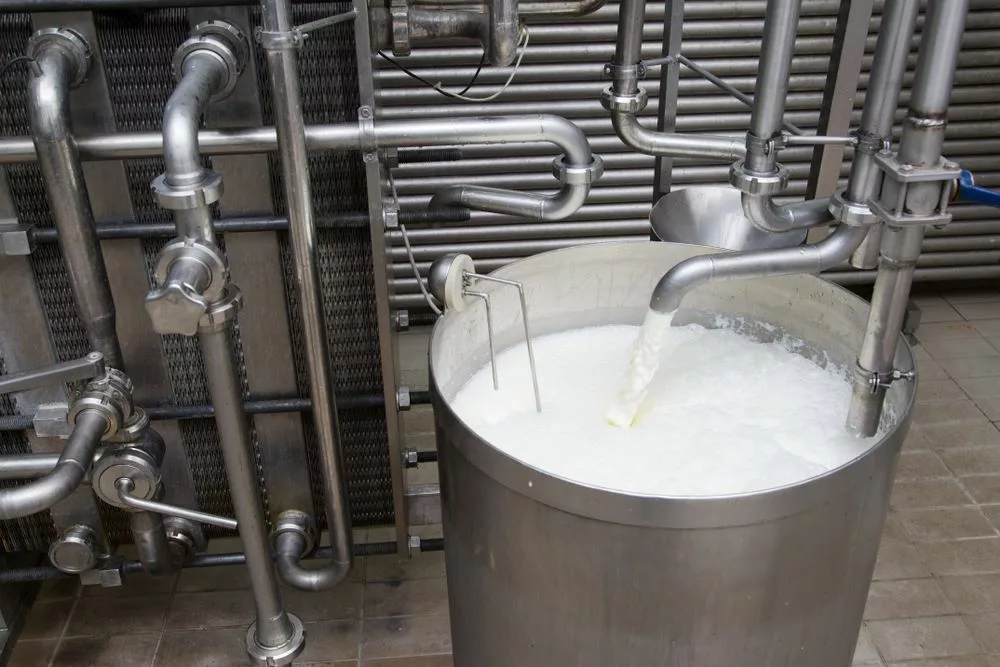The steam turbine is a device that extracts thermal energy from pressurized steam and uses it to do mechanical work on a rotating shaft and it then converts it into electric energy with the help of an alternator. Steam turbine in South Korea is used in power plants.
These plants use a variety of fuel sources, such as coal, natural gas, or nuclear energy to generate high-pressure steam which is then used to drive the turbine and generate the power. Steam turbines in South Korea are highly efficient and reliable, making them an ideal choice for power plants looking to maximize their output and minimize downtime.
The South Korean government is responding to global environmental and energy concerns with a long-term plan geared toward urban areas that promote natural gas-fueled combined heat and power supply systems. To reduce the air pollution and greenhouse gas emissions that cause global warming, South Korea starts to install power plants. Due to today’s growing demand for distributed power generation systems South Korea uses steam turbines to generate the required power.
Steam turbine for South Korea is key. South Korea must import almost all fired power plants plays a major role in the country. The demand for electricity in South Korea is growing by 3.6% per year.
Steam turbine in South Korea is commonly used in various industries. For example steam turbine for South Korea used in paper mills where they are used to drive the machinery that produces paper.
Also, steam turbines in South Korea are used in refineries, distilleries, textiles, and milk dairy plants. Turtle Turbines manufactures steam turbines for South Korea from a capacity of 100kW to 3000 kW. Turtle Turbines design, manufacture, install, commission, and support steam turbines. Turtle Turbines also provide service support with peace of mind to our customers ensuring the reliability and availability of all our turbines. For more information please visit www.turtleturbines.com. Turtle Turbines is one of the most reputed steam turbine manufacturers in India.


